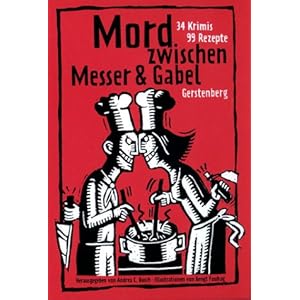What experience have you had with fiction? Have you taken
fiction writing classes? Do you have a critique group that tells you your
writing is wonderful? Well, test it before writing that novel, or, test it
while writing that novel.
In my experience, I have found short story writing an
excellent way to sharpen writing skills. And what better way to evaluate what
you have learned than by writing for a short story contest. Contests give you
a word limit which helps you tighten up your verbosity—chop out non-essential words—and then chop out even more. You quickly learn to
axe those beloved adverbs and adjectives when you have to count every word.
Some say they can’t write short stories. Why? Because they're long winded? Because they don’t want to let go of the adjectives? Because
they can’t think small? It is an excellent way to challenge yourself as a
writer.
If you decide to give it a try, where do you find those
contests? And more important, how do you choose the right ones for you. Some of
my fellow writers don’t agree with me on this, but I won’t submit to a contest
where I don’t get something in return. I strongly believe an author deserves to
get paid for his/her work—especially if someone else is going to gain from it.
Some contests are seeking stories to be included in an anthology, some are for
monetary gain (usually small amounts, but not always), some are for a trophy or
certificate.
I think if there is a local writing club or organization
that is having a contest for a certificate, it is fine to begin there (you can
always use that story again later).
When our small group of writers decided to find contests and
submit, we used the term guerilla
marketing coined by Sunny Frazier (see a few articles back for Sunny’s
guest post: http://coraramos-cora.blogspot.com/2012/01/whats-your-genre.html. Now the term has morphed into other meanings. After we had been to several conferences/conventions and talked on panels, another author wrote a book with that title. I don't think that book was about short stories, but it certainly expresses the way to individually approach short story contest writing and submitting (commitment, consistency, aggressively apply to contests, continue to improve, don't give up, etc.)
It was quite effective to think about attacking short story
writing contests with a guerilla mentality. We met together and charted our
progress and successes like a horse race (we actually used a progress board with our individual horses showing our progress). We shared contest information, listed
our contest attempts and celebrated our successes when published.
 One of my early wins was for inclusion in an anthology of
short stories of culinary crime created by members of Sisters in Crime in
One of my early wins was for inclusion in an anthology of
short stories of culinary crime created by members of Sisters in Crime in
That one story taught me a great lesson, although it was only about 600 words. Small does not mean menial. It can have great value to
your self esteem. I did continue to get residuals on that story for years—not
enough to retire on, ha!—but certainly enough to build my self confidence as a
writer.
Next time on part 2 of Writing 101 I will talk on how to choose a short
story contest right for you and how to avoid pitfalls. Meanwhile, here are some sites on writing short fiction and some contests to check out:
Writer’s Digest Annual Writing Contest—deadline May 1st
Elaine Pillay host to Anthony Ehlers—short story writer from South Africa
Kate Thornton-Writing the Mystery Short Story
Short Mystery Fiction Society
Coppola’s Zoetrope--All story short story contests:
10 best short stories of all time
Anybody out there knows about the law? Here’s a good legal
fiction contest coming up in March—judged by major authors:
For those who aren't writing short stories, visit Kristen Lamb's blog for really great advice on completing your novel and avoiding the pitfalls of a critique group: http://warriorwriters.wordpress.com/2012/02/06/a-new-approach-to-a-traditional-group-the-concept-critique/
Have you written/submitted to short story contests? Share what you gained from the experience?
